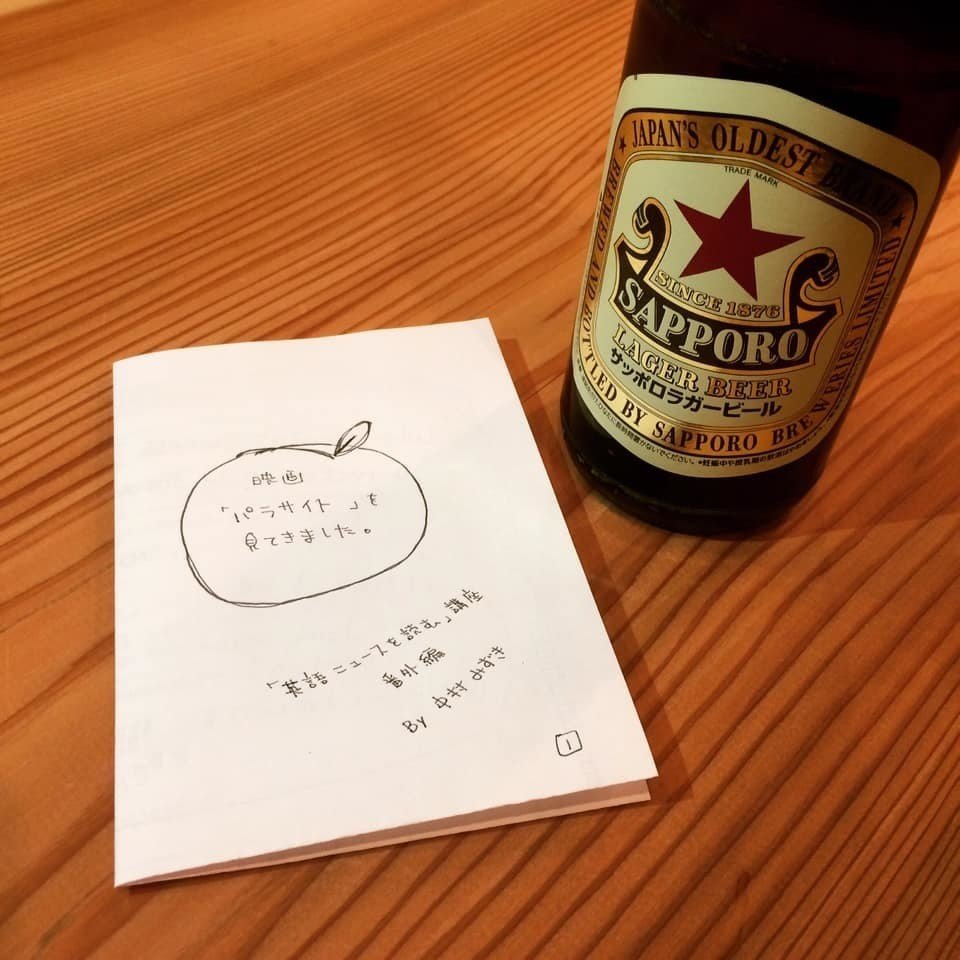
Photo by
turbo1019
「パラサイト」の成功から見えてくる日本の映画産業
アカデミー賞4部門を受賞した韓国映画「パラサイト」。
アメリカではどのように受け止めているのか知りたいと思い、いろいろなニュース記事を読んでみました。
そんな中で見つけたこの記事。
韓国映画がなぜ成功し、逆に日本映画はなぜうまくっていないのか、詳しく解説しています。長い記事のほんの一部を紹介します。
Why Parasite’s success is forcing a reckoning in Japan’s film industry
パラサイトの成功が日本の映画業界に反省を強いる理由
South Korea seized the world cultural stage by investing in technology and talent.
テクノロジーと才能への投資で、韓国のカルチャーは世界のステージを奪った。
Worker exploitation plagues Japan’s creative industries.
労働者に対する搾取が、日本のクリエイティブ業界を苦しめている。
South Korean films are well-funded in general and the industry has seen drastic improvements in working conditions over the past decade. In the production of Parasite, contracts for each individual ensured a maximum 52-hour workweek, minimum wage, overtime fees, and meal breaks.
韓国映画は一般的に潤沢な資金提供を受け、映画業界は過去10年間、労働条件を大幅に改善してきた。パラサイトの制作では、各個人と契約し、週最大52時間の労働時間、最低賃金、残業代、食事休憩が保障された。
That stands in stark contrast to Japan’s film industry, where worker exploitation is common practice.
労働者に対する搾取が当たり前のように行われている日本の映画業界とは全く対照的だ。
また、1枚の絵につき2ドルしか支払われないアニメーターの劣悪な労働環境や、政治的テーマを取り上げた映画が少ない理由として文化庁の助成金制度についても言及しています。
In addition to the poor working conditions, public film funding in Japan implicitly discourages filmmakers from more daring political themes and messages in their work.
“Grants from the Agency of Cultural Affairs are influenced by the content of the proposed film,” Ito said, “so filmmakers tend to regulate their expressions in ways that prevent them from drawing on political themes.”
カンヌ国際映画祭で最高賞を受賞した「万引き家族」の是枝裕和監督に、安倍首相が祝意を表明しなかったのは、この映画の社会的テーマのせいだろうとも指摘。
It’s uncommon to see social critiques like Parasite in Japanese theaters. And while Shoplifters may be an important exception with its spotlight on poverty, Japanese Prime Minister Abe Shinzo ignored its success, not even giving Kore-eda a congratulatory call — most likely because of the movie’s social themes.

とても面白い記事だったので、これをもとにZINEも作ってみました。(となりになぜか赤星ラガー。)
この記事が気に入ったらサポートをしてみませんか?
